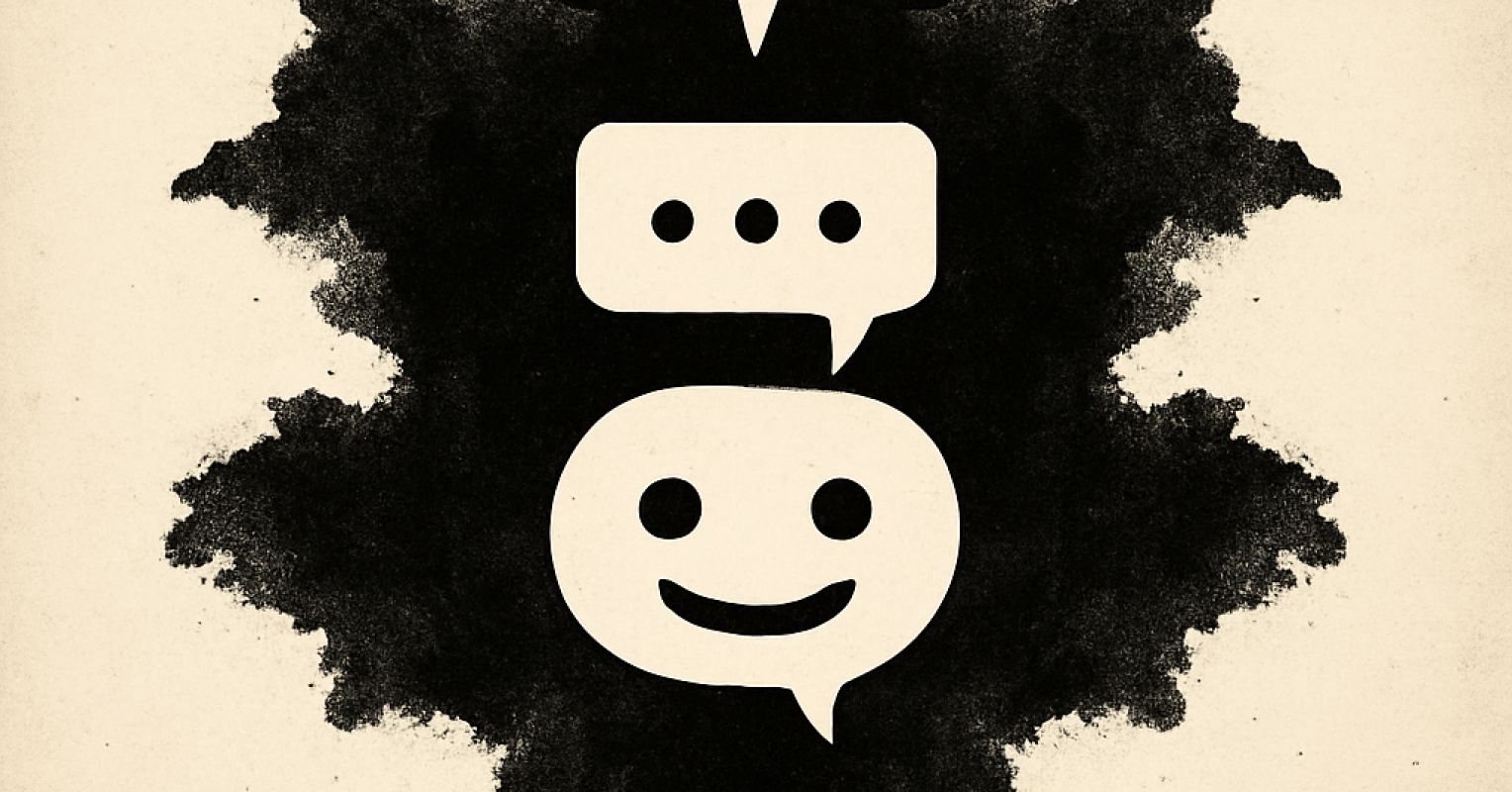
"Chatbots that overpromise and underdeliver fail not just due to code issues, but due to a mismatch between user expectations and machine capabilities."
"Trust in AI derives from emotional consistency; users require a sense of reliability rather than artificial warmth that may feel unsettling."
"AI should scaffold human thought by assisting users in processing information instead of merely echoing data, fostering a true partnership with technology."
"AI often reflects human behavior more than it understands, leading to frustrations rooted in projecting intelligence and morality onto systems."
The article discusses the shortcomings of AI, particularly in chatbots, highlighting the gap between user expectations and machine capabilities. Author emphasizes that the failure of AI results from misalignment of these expectations rather than simply engineering flaws. It advocates for a focus on 'psychological realism' to enhance human-like interaction with AI. By fostering emotional consistency and scaffolding human thought rather than echoing data, AI could become more intuitively aligned with human cognition, addressing deeper frustrations users experience with technology.
Read at Psychology Today
Unable to calculate read time
Collection
[
|
...
]